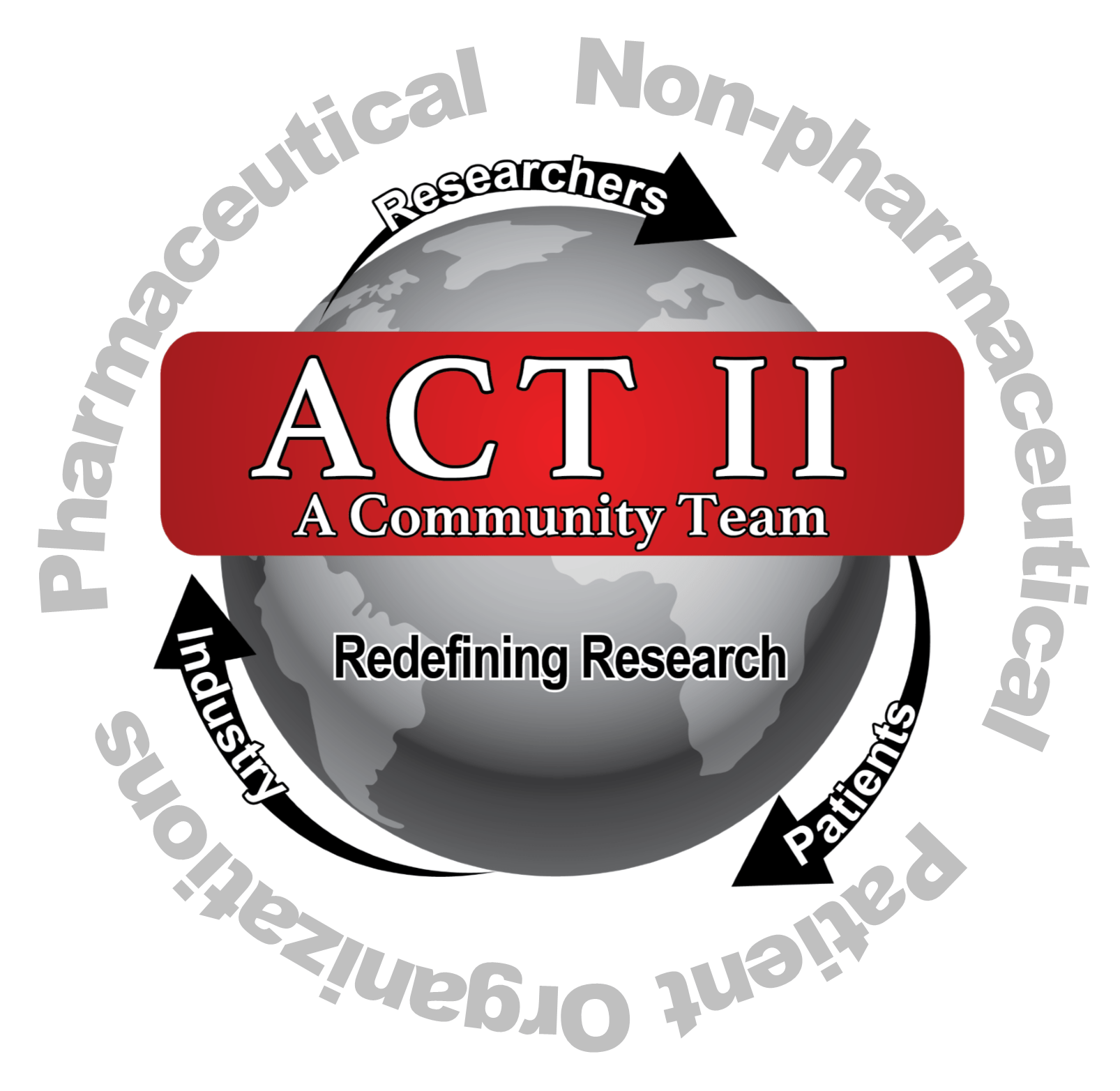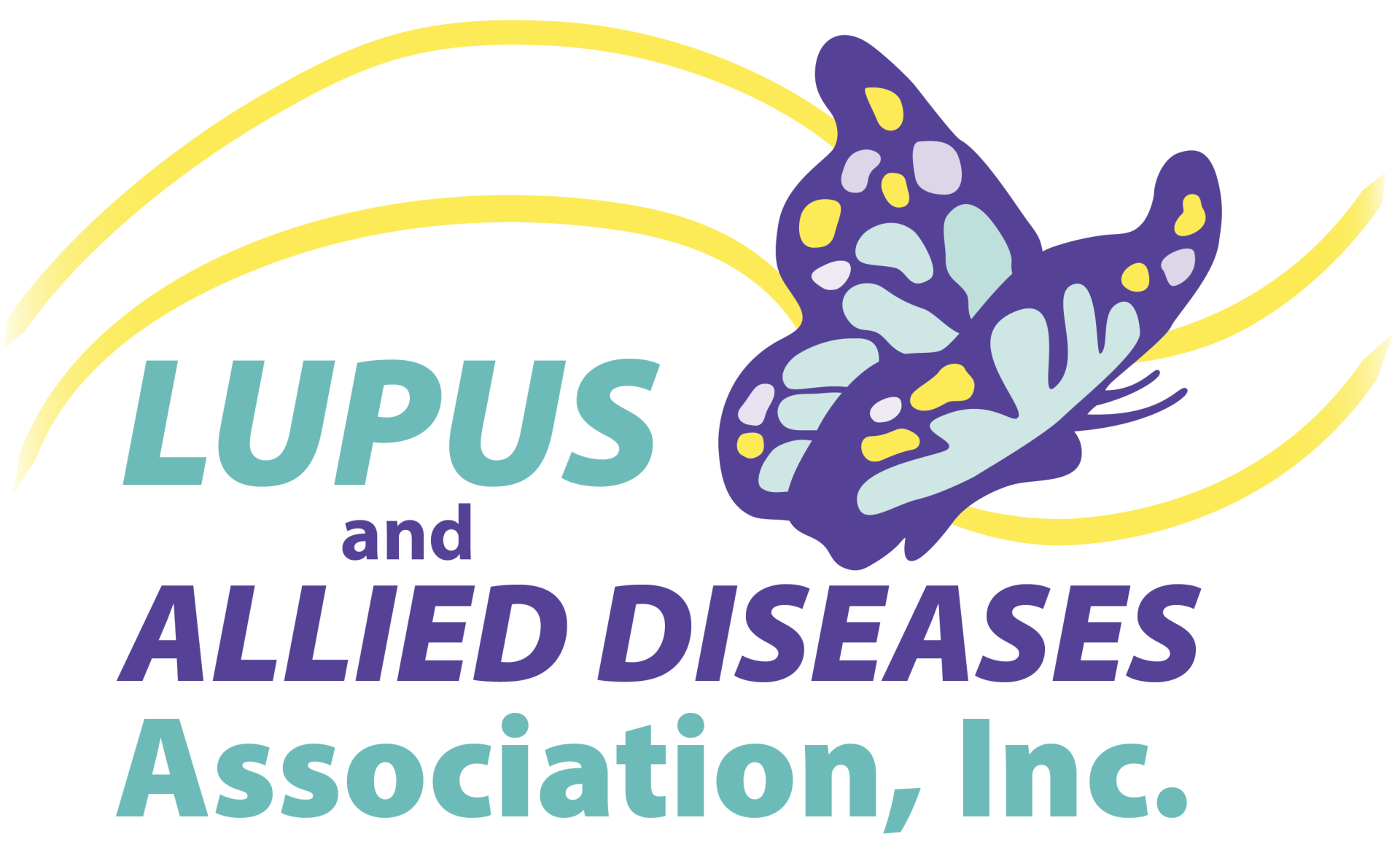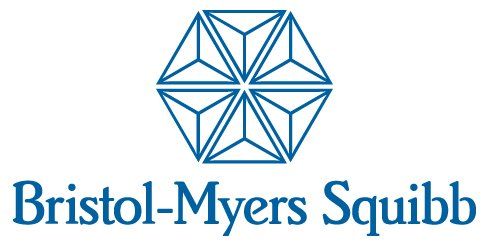A Community Team (ACT) II
Based on procedures established in the original, award-winning ACT planning project, A Community Team (ACT) II focused on identifying data points that could be used to influence public policy (Research Advocacy), building a forward-thinking, patient-stakeholder* collaborative communication platform, and establishing an international council to help advance patient involvement in rheumatology research.
As a result of this project:
- AiArthritis designed the first private, online platform (AiArthritis Voices Project Platform) where patients and all other stakeholders can collaborate - with our organization serving as a compliance bridge.
- The ACTion Council was established, launching the first tool (The Pathway of Patient Engagement in Rheumatology Research) to connect those designing patient-included rheumatology research initiatives with tools, guidance, and case studies to improve their projects.
- We established our own AiArthritis Database, built by and housed by FORWARD: National Databank for Rheumatic Diseases. The research we conduct will focus only on 1) helping expedite diagnosis and 2) better understanding patient subgroups and therapeutics based on individual needs. As a result, we aim to use this data to improve diagnostics and access to therapy.
Patient includes those diagnosed with AiArthritis diseases, parents of juvenile patients, and care partners of adults diagnosed with AiArthritis diseases. Stakeholders for this project included pharmaceutical companies, researchers (pharmacologic and nonpharmacologic), and other Patient Organizations.
Project Impact
- Expanded patient engagement (health equity). By utilizing our new AiArthritis Voices online project space - where all patients can participate in discussions to advance therapeutic, regardless of geographic location, disease limitations, or former advocacy experience and where those participating experience peer-led education and mentoring - we are increasing the percentage of perspectives and experiences recorded (rather than counting only on patient advocates to summarize the needs of a diverse population).
- Improved patient, researcher, and legislator understanding of personalized and precision medicine needs. The work we do inside the AiArthritis Database, which will focus strongly on patient subgroup (“Typical Atypicals”) studies, will be used to influence treatment decisions and access to therapies for those who do not meet 'general patient population' standards.
- Demonstrate savings. By utilizing patients who are trained to lead various aspects of research - and by doing so online - retention and engagement will improve and the cost of conducting the research in person will be drastically reduced.
- Increased patient inclusion in rheumatology research. By uniting patient groups, researchers, pharmaceutical companies, health societies, and regulators (FDA/EMA) to govern the ACTion Council and assist in launching the Pathway Tool, we will increase the number of people who incorporate patients in rheumatology research projects - while decreasing the instances of tokenism (1).
- Tokenism is a term used to describe the addition of a patient or patients in a research project to meet the necessary criteria of patient involvement (usually to gain funding). Yet the patient is not actually part of the research team.
Thank you to our Nonprofit Supporters and Project Partners:
Nonprofit Partner
Industry Innovation Supporters











